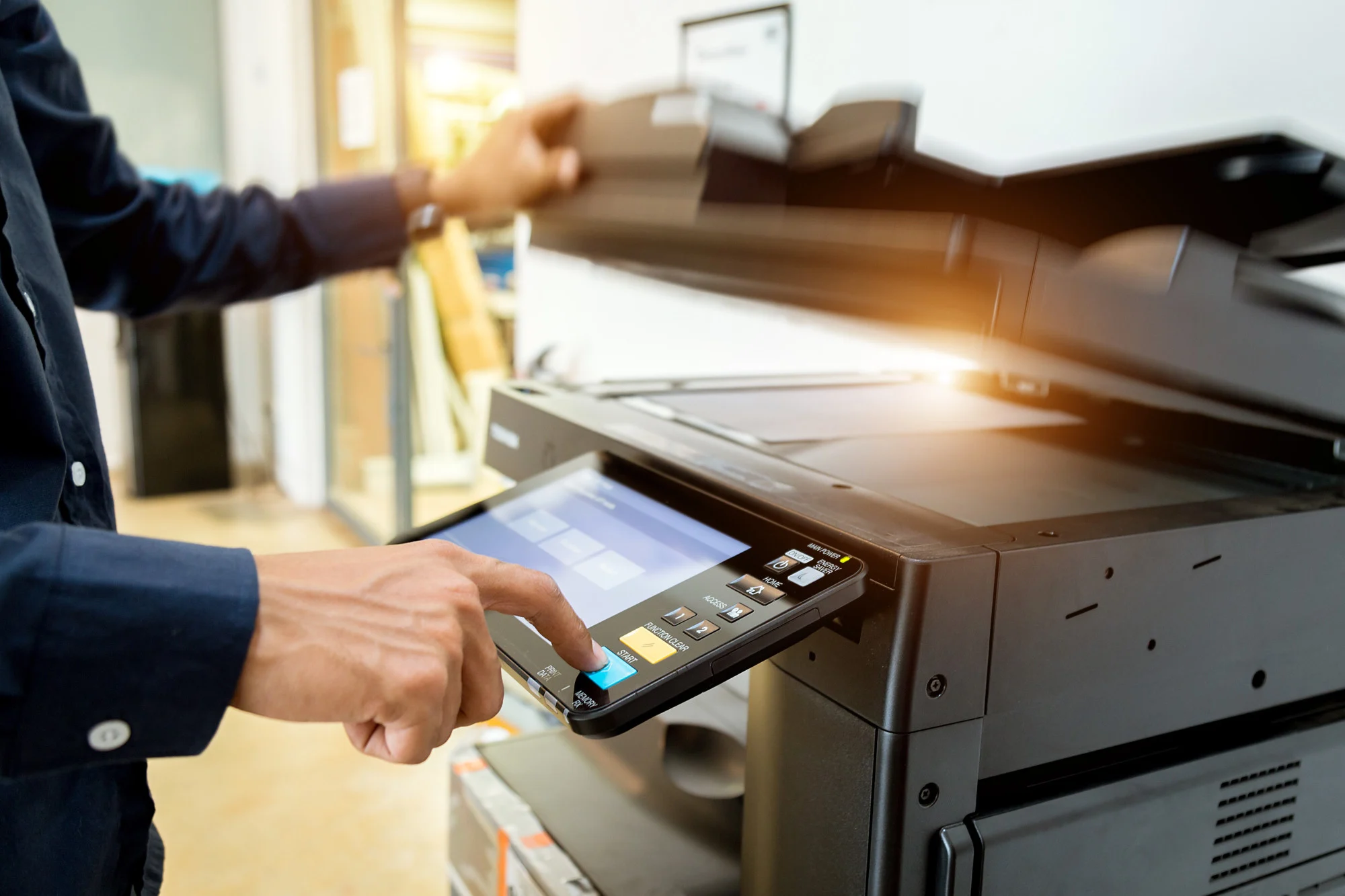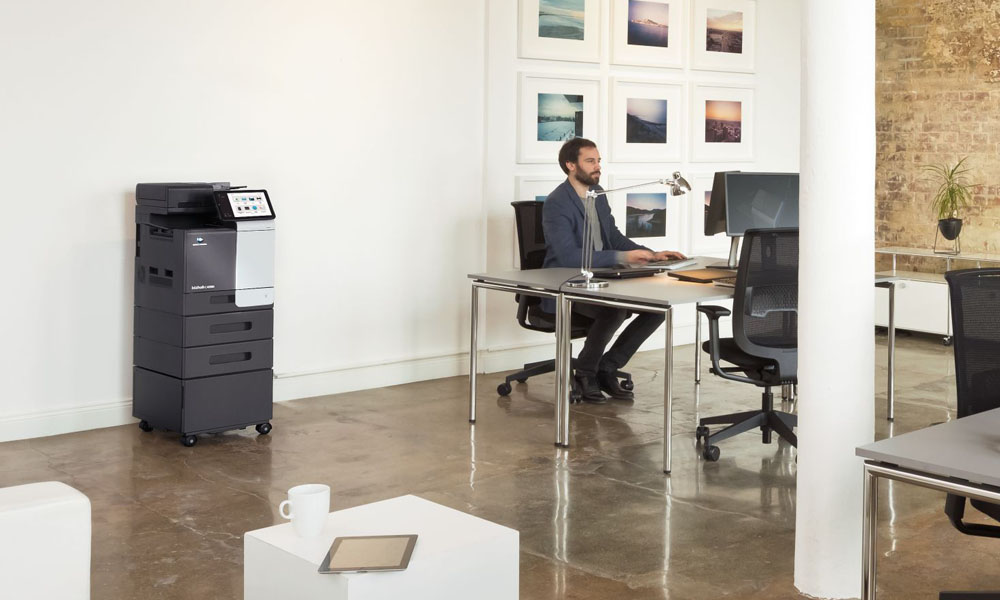For businesses looking to optimize their operational efficiency and reduce overhead costs, leasing a copier presents a compelling solution. As technological advancements continue to change the way companies operate, it’s important for decision-makers to consider the full range of options available to them. While purchasing copiers outright has traditionally been the standard, the modern approach is quickly shifting toward copier leasing, which offers a range of benefits that outweigh the drawbacks for many businesses. This opinion piece explores the reasons why leasing copiers is the smart choice for businesses in today’s competitive and ever-changing market.
Leasing Provides Financial Flexibility
One of the most significant advantages of leasing a copier is the financial flexibility it offers. For many businesses, especially small or medium-sized enterprises (SMEs), the upfront cost of purchasing a high-quality copier can be a substantial financial burden. Copiers, particularly multifunctional models, can cost thousands of dollars, and the capital required for such a purchase could be better allocated elsewhere in the business.
Leasing eliminates this large upfront cost, instead allowing businesses to pay for the copier on a monthly basis, much like any other business service. This helps to preserve capital and free up cash flow for other vital areas of the business, such as marketing, inventory, or payroll. Additionally, leasing can help businesses manage costs more predictably with fixed monthly payments, avoiding unexpected repair or maintenance costs that might come with ownership.
Keeping Up with Technological Advancements
Technology moves quickly, and what may be cutting-edge today can be outdated in a matter of months or years. This is particularly true in the world of office equipment, where copiers are increasingly integrated with advanced features like cloud connectivity, mobile printing, and enhanced security features.
When businesses own their copiers outright, they may find themselves stuck with outdated technology that no longer meets their evolving needs. Upgrading the equipment to incorporate new features often requires a significant capital investment. Leasing, however, allows businesses to keep pace with technological advancements by giving them the option to upgrade their copiers regularly. Lease agreements typically allow businesses to swap out old machines for newer models at the end of the lease term, ensuring that companies always have access to the latest features without the financial burden of buying new equipment.
Simplified Maintenance and Support
Another reason to consider leasing a copier is the ease of maintenance and support. Copiers, like any other piece of equipment, require regular upkeep to ensure they are operating efficiently. When businesses purchase copiers, they are responsible for maintenance, repairs, and sourcing the necessary parts. This can be time-consuming and costly, particularly if the copier experiences frequent issues or breaks down unexpectedly.
Leasing agreements often include maintenance and service packages as part of the deal. Many leasing companies offer full-service options that cover not only regular maintenance but also repairs and replacement parts. This service model can provide peace of mind to businesses, knowing that any issues with the copier will be handled quickly by the leasing company. The cost of these services is typically included in the monthly lease payment, which simplifies budgeting and eliminates the need for businesses to hire a separate repair service or allocate funds for unforeseen repairs.

Tax Advantages of Leasing
Leasing a copier can also offer tax benefits, depending on the region and the specific lease agreement. In many cases, lease payments are considered a business expense and can be written off as such, which helps reduce the taxable income of the company. This tax advantage is particularly helpful for businesses that want to reduce their overall tax liability while maintaining access to high-quality office equipment.
Furthermore, leasing can be a more financially attractive option for businesses that operate in industries where rapid growth is anticipated. Since leasing payments are considered operating expenses rather than capital expenditures, businesses can take advantage of this flexible model without tying up their capital. As businesses grow and their needs evolve, the option to lease allows them to adjust their equipment and services without having to make large financial commitments.
Avoiding Obsolescence and Downtime
Another significant issue that businesses often face with owned copiers is obsolescence. Over time, copiers can become less efficient or incompatible with new software and technologies, leading to a decrease in productivity. A business that owns its copier is responsible for upgrading or replacing the device when it becomes obsolete. This can be a costly and disruptive process, requiring both time and capital investment.
Leasing, on the other hand, helps businesses avoid the issue of obsolescence. Most lease agreements allow businesses to upgrade their equipment at the end of the lease term, which ensures that they are always using the latest technology. Additionally, many leasing companies offer maintenance packages that ensure the copier is well-maintained throughout the lease period. This proactive approach to maintenance reduces the risk of downtime and ensures that the copier remains functional and efficient, contributing to the smooth operation of the business.
The Risk of Being Locked into a Long-Term Contract
While there are many advantages to leasing a copier, one potential downside is the risk of being locked into a long-term contract. Some businesses may sign a lease agreement without fully understanding the terms, which can result in higher-than-expected payments or penalties for early termination. This issue can be particularly challenging if the business’s needs change or if the copier is no longer adequate for its requirements.
However, this challenge can be mitigated by thoroughly reviewing lease agreements and choosing a leasing company with flexible terms. Many companies offer short-term leases or the option to upgrade to a new model during the lease period. It is also possible to negotiate the length of the lease or add an exit clause to ensure that the business is not trapped in an unfavorable contract. By researching leasing options and understanding the terms, businesses can avoid the risk of being locked into a long-term contract that no longer serves their needs.
Conclusion: Copier Leasing Is a Smart Business Decision
For many businesses, leasing a copier offers clear advantages over purchasing one outright. The financial flexibility, ability to keep up with technology, simplified maintenance, and potential tax benefits make leasing an attractive option. While there are some risks associated with long-term contracts and the need to thoroughly vet leasing agreements, the benefits far outweigh the drawbacks for most businesses. Copier leasing enables companies to focus on what matters most: running their business efficiently, adapting to changes, and maintaining a competitive edge.
In an environment where technology is constantly advancing, leasing a copier can provide the flexibility and peace of mind that businesses need to thrive. Whether a small startup or a large enterprise, leasing a copier can help businesses maximize their operational efficiency and keep pace with the demands of the modern business world.

